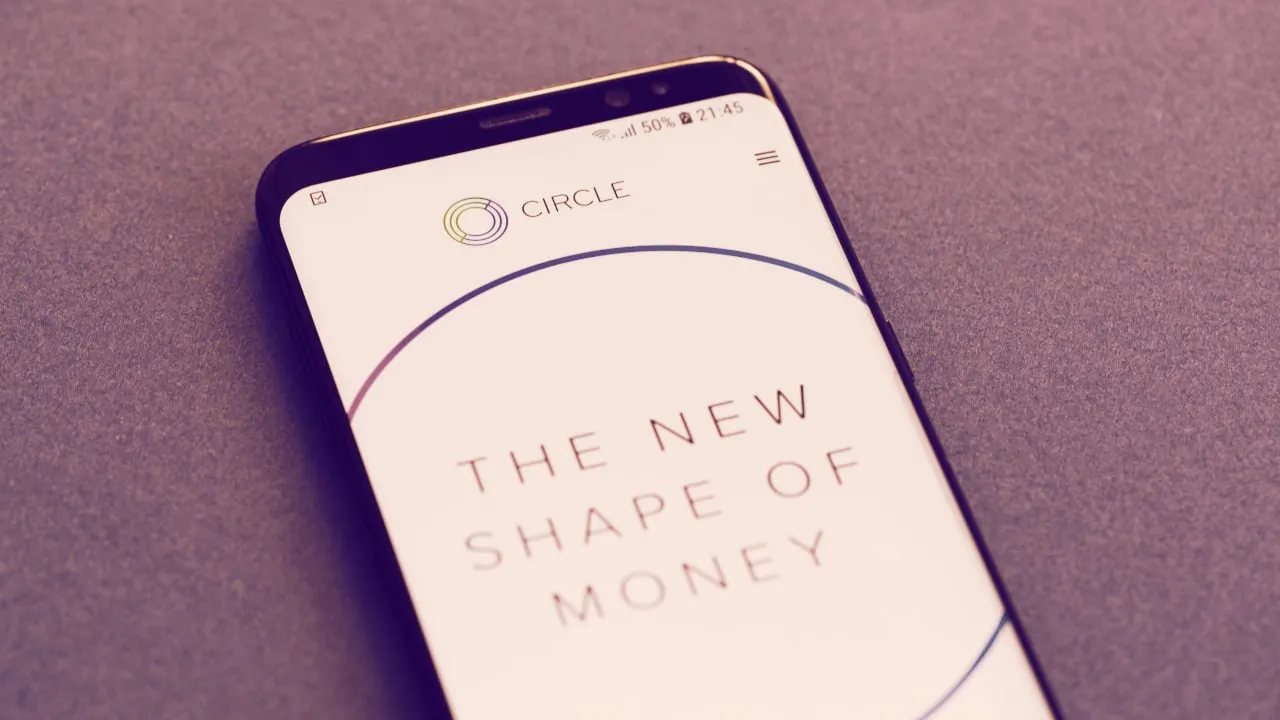Circle’s plans to go public last year via a $9 billion SPAC merger fell apart after the U.S. Securities and Exchange Commission failed to approve the deal before its expiration.
Initial reporting from The Financial Times suggested that Circle claimed the primary reason for the failed merger was the SEC rather than the market downturn or shaky investors.
A Circle spokesperson told Decrypt via email, however, that "Circle has not and does not blame the SEC for anything related to the mutual termination of our SPAC merger agreement with Concord, and any statements to the contrary are inaccurate."
The deal between Circle and Concord Acquisition, a special-purpose acquisition corporation set up by former Barclays CEO Bob Diamond, was abandoned last month amid turbulent markets after the collapse of the crypto exchange FTX.
Circle is the issuer of the second-largest stablecoin, USDC, which currently has a market capitalization of $43.7 billion, per CoinGecko.
The regulator allegedly did not approve the deal’s S-4 registration—which allows companies to issue new shares—before the expiration of the agreement.
“We never expected the SEC registration process to be quick and easy,” Circle said. “We’re a novel company in a novel industry.”
But 15 months after Circle first filed with the SEC, the deal expired before the regulator was satisfied enough to give approval.
SEC and the crypto industry
FTX aside, the SEC has shown hesitance toward the crypto industry at large.
While several Bitcoin futures-based exchange-traded funds (ETFs) have now been approved, spot crypto ETFs—such as one proposed by Grayscale—have so far all been rejected or stalled.
And if not for rejection after rejection or alleged sluggishness to address the growing industry, the Commission has also been hard at work on the enforcement front.
On January 12, the SEC filed charges against crypto exchange Gemini for failing to register its Earn program, powered by crypto broker Genesis, with the regulator.
"We allege that Genesis and Gemini offered unregistered securities to the public, bypassing disclosure requirements designed to protect investors," SEC Chair Gary Gensler said at that time.
Editor's note: This article was updated on January 26, 2023, at 3:30 am ET to reflect that Circle does not blame the SEC for its SPAC deal falling through.

